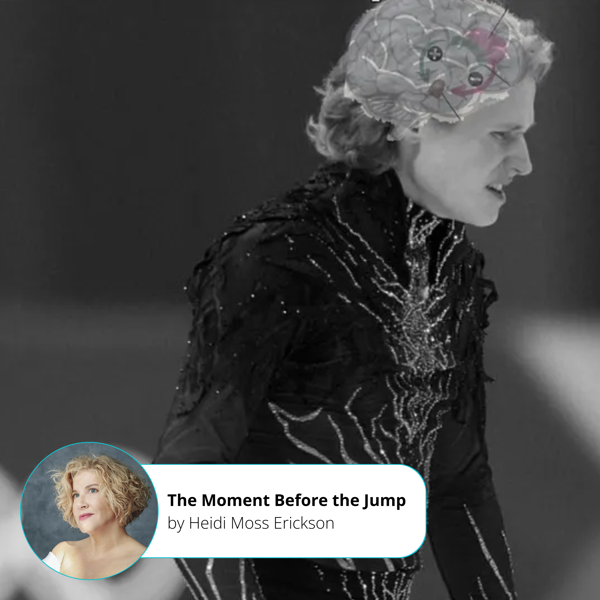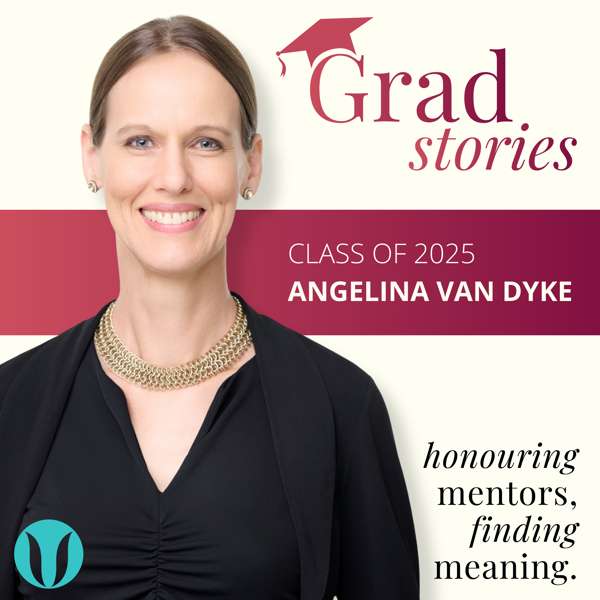Course Review: Singing and Postnatal Mental Health with Professor Rosie Perkins
Friday 2nd February 2024Royal College of Music (RCM) Professor of Music, Health, and Social Science Rosie Perkins delivered a comprehensive one-hour presentation on ‘Singing and Postnatal Mental Health’, featuring key questions such as why postnatal mental health is important and ‘why music?’, as well as detailing recent research studies, implications and next steps.
Rosie shared a 2011 quote from Gwyneth Paltrow to begin her focus on postnatal depression (PND) and described some of the many PND symptoms such as persistent low mood, trouble sleeping, withdrawing from contact with people, feeling tired all the time and frightening thoughts. A statistic from a 2018 study showed that 17% of mothers (across a number of continents) who’d given birth in the last four years had experienced PND, and Rosie went on to note that there are also sometimes problems and long waits to access medication or treatment for PND in the UK.
But why music and singing as part of postnatal care? There is lots of general music and wellbeing (singing for health) research and Rosie’s recent 2020 meta-analysis showed that there are four different pathways that people use to enable music-making to meet their individual needs and facilitate positive mental health. These are as follows:
- Managing emotions – music can help us express (and cope with) our emotions and can help us relax
- Self-development – music can help us develop new skills, give us a sense of purpose and support identity formation
- Respite – music creates a safe space to be absorbed (‘me time’)
- Connections – music allows us to connect to other people, our heritage and our society
Rosie added that group singing in particular has been shown to provide enjoyment, develop a sense of belonging and enhance self-confidence among those suffering from mental health conditions. Next was a discussion of parental singing to babies and how it may have a potential evolutionary purpose. It was stated that there is evidence that music can even support the physiological state of preterm babies, including oxygen saturation levels.
A large part of the course focused on unpicking two relevant research projects, the first of which began in 2015, funded by Arts Council England. The study involved 134 women with PND symptoms (screened using the Edinburgh Postnatal Depression Scale (EPDS)) who were randomly allocated to one of three different groups:
- ‘Sing’ – undertook a free 10-week programme of group singing (one-hour sessions) in community settings (all levels of experience)
- ‘Creative Play’ – as above but storytelling and other age-appropriate activities instead of singing/music
- ‘Care as normal’ – no intervention but could still access any care that they required
Symptoms were measured at the beginning of the intervention, as well after six weeks and ten weeks, and there was a statistically significant reduction in symptoms (35%) by week six only for those with moderate to severe symptoms (13 or above on EPDS). 67% of that group were at that point even classed as not having any PND symptoms at all.
At the end of the ten weeks, focus groups were held with those from the ‘Sing’ and ‘Creative Play’ groups, and some of the responses specific to the ‘Sing’ group were that singing provided authenticity, promoted a sense of bonding and provided an immersive, absorbing experience. Meanwhile, further results from another part of the study showed singing to lead to greater perceived mother-infant closeness, decreases in anxiety and reductions in the stress hormone cortisol. Rosie shared a logic model to summarise that the singing group intervention ultimately resulted in a reduction in PND symptoms.
The second research project was titled ‘Songs from Home: Developing and testing an online songwriting intervention to tackle loneliness and enhance social connections in order to reduce symptoms of postnatal depression’. Rosie explored the concept of loneliness, and how it is linked to postnatal well-being and PND, sharing quotes from an even more recent study (Adlington et al, 2023). She noted that a gap in loneliness studies on younger people had provided the background for the study.
The second project was influenced by key limitations in the first, namely that it was London-specific, did not examine loneliness, and involved in-person sessions that were not always accessible. And so, an online intervention focused on songwriting would form the basis for this second project. The intervention was made up for four phases: Discovery, Defining, Developing and Delivery.
The ‘Discovery’ phase featured online focus groups with 14 mothers across the UK asking questions such as ‘What were your experiences of new motherhood?’ and ‘What do you think of the idea of online songwriting?’. The ‘Defining’ phase identified key pillars important to the intervention such as the activity description (is it welcoming and inclusive?), the session contents (activities taking into account mothers and babies), the session goals and the logistics (time, frequency, duration).
The ‘Developing’ phase decreed that each intervention would run online on Zoom for an hour a week for six weeks, with 10-12 women in each group and songs created together. The ‘Delivery’ phase would comprise another randomised controlled trial featuring a total of 94 women, half of which were randomised into the songwriting intervention and half of which were randomised into the control group with no intervention. Within the songwriting intervention, symptoms of loneliness, PND and social connectedness were once again measured at the beginning and separately after six weeks and ten weeks.
The songwriting group had a 38% drop in their symptoms of loneliness after six weeks, and the results were similar for PND (32%), whereas there was a 14% increase in social connectedness – these were all maintained into follow-up at week ten. Positive comments were made alongside these statistics in response to questions around whether people would recommend ‘Songs from Home’ and whether they continued their activities after the intervention period, and some quotes were shared.
So, what are the implications and next steps? Rosie commented that she has recently edited a book – Music and Parental Mental Wellbeing – which covers three main areas: music in pregnancy and the postnatal period; music in childbirth and perinatal hospital settings; and music in parental wellbeing in the early years. Within the book she has identified four future directions, as follows:
- Implementation and scaling up – the potential for implementing more of this work and building partnerships to scale up successful initiatives (e.g. Breathe Melodies for Mums)
- Looking beyond the early years – future work could ascertain whether music has a role at different stages of the parenting experience (e.g. adolescence, ‘empty nest syndrome’, bereaved parents)
- Diversity and representation – the field of research would benefit from a much broader reach than contemporary Western culture; it could also address global health inequalities
- Capacity building – the capacity of practitioners to work in parental wellbeing contexts needs to be supported and nurtured
After a brief mention of the new Music and Parental Wellbeing Research Network, launched by the RCM’s Centre for Performance Science, the course was fittingly concluded with an audio clip of one of the songs written during the ‘Songs from Home’ research project.




